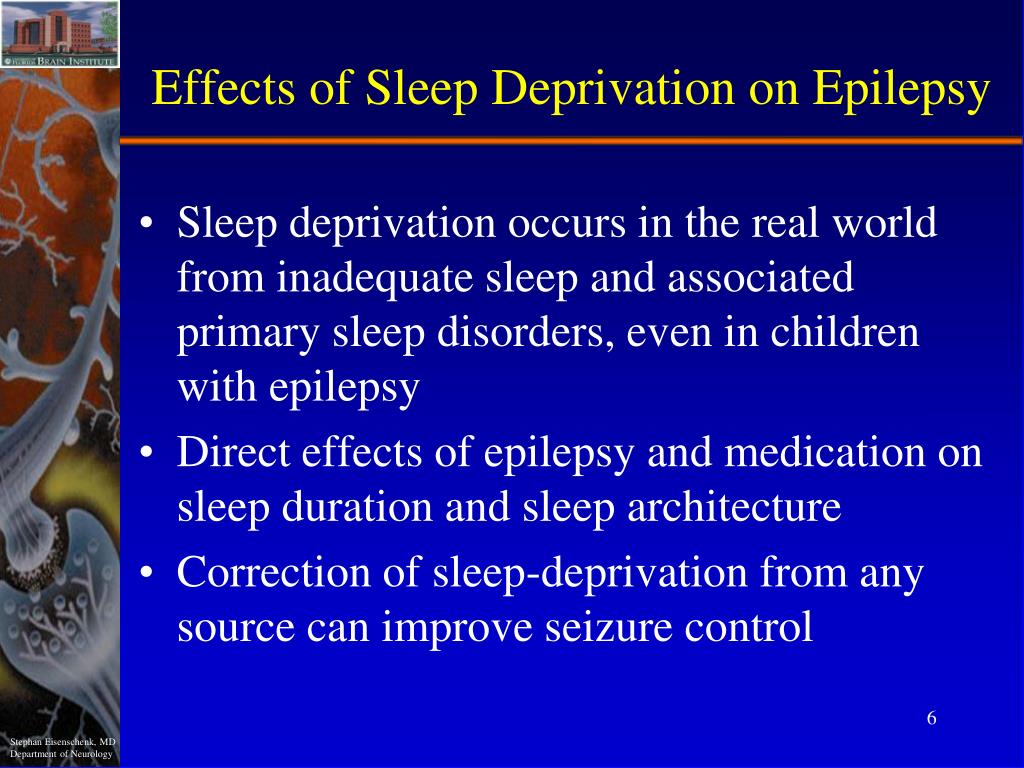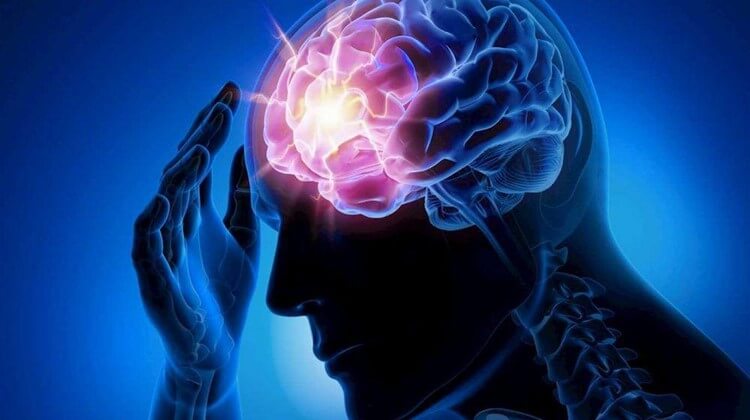

This questionnaire asks how likely you are to fall asleep during several specific activities, including sitting and reading, sitting in a briefly stopped vehicle, or talking with someone. They also may ask you to fill out the Epworth Sleepiness Scale questionnaire. Information gathered in your medical history can also help your provider determine if conditions other than narcolepsy could be responsible for your symptoms. A neurologist or sleep specialist will ask about symptoms of narcolepsy. Epworth Sleepiness Scale QuestionnaireĪ thorough medical history is often the first step to arriving at a narcolepsy diagnosis. Performing a differential diagnosis is an important part of the diagnostic process because it rules out other factors that may contribute to a person’s symptoms, which can include:Īlong with tests used to diagnose narcolepsy, experts recommend the following tests to help differentiate between and diagnose narcolepsy and epilepsy. Differential diagnosis refers to the process of ruling out other potential causes of your signs and symptoms. They will also likely recommend several clinical tests used to diagnose the two disorders in a differential diagnosis. To differentiate between narcolepsy and epilepsy, your doctor will likely begin by conducting a physical examination and reviewing your personal and family medical history. For example, a doctor may mistake a person’s narcolepsy symptoms for those of epilepsy if they already have a history of seizures. Moreover, a doctor may overlook one of the disorders in people who have both. Distinguishing Epilepsy and Narcolepsyĭue to the similarities between the two conditions, some people are misdiagnosed with epilepsy when they actually have narcolepsy. Nighttime (nocturnal) seizures may also disrupt a person’s sleep, causing them to feel drowsy during the daytime. Those with the disorder may become excessively sleepy as a side effect of their anti-seizure medication. What’s more, hypersomnolence is a common symptom of epilepsy. This symptom may resemble an atonic seizure or “drop seizure.” The opposite is also true: Epileptic seizures may be mistaken for sudden sleep attacks, cataplexy, or sleep paralysis. Sleep paralysis - Being unable to move or speak while falling asleep or upon wakingĬataplexy, for instance, may cause a person to fall to the ground.Hypnagogic hallucinations - Hallucinations just before falling asleep.Hypersomnolence - Excessive daytime sleepiness.Cataplexy - Sudden loss of muscle power.Similarities in SymptomsĬharacteristic symptoms of narcolepsy type 1 may all be mistaken for epileptic seizures.

However, researchers have not yet established what it may be. Some research suggests there may be a common genetic factor at play. Researchers do not know the exact prevalence of epilepsy and narcolepsy comorbidity.Įxperts are also uncertain why some people develop narcolepsy and epilepsy simultaneously. Research has found that both generalized and focal epilepsy may be comorbid with (occur alongside) narcolepsy, though it is a rare occurrence. The Relationship Between Narcolepsy and Epilepsy Seizures themselves can cause a wide range of sensations, behaviors, and neurological phenomena, depending on which part of a person’s brain is affected and the extent of their seizure activity. There are six types of generalized seizures: Generalized seizures are believed to involve abnormal electrical activity in multiple areas of the brain.

Focal seizures (also known as partial seizures) occur when abnormal electrical activity is limited to one area of the brain. Seizures are generally classified into two types: focal or generalized. In about half of people with epilepsy, the disorder has no known cause. Various factors can cause epilepsy and seizures, including having a family history of the disorder.

This sudden surge in electrical activity leads to recurring, unpredictable seizures. In people with epilepsy, the brain’s electrical activity suddenly spikes, disrupting normal brain functioning. Epilepsy is a neurological disorder, meaning it affects the central nervous system.


 0 kommentar(er)
0 kommentar(er)
